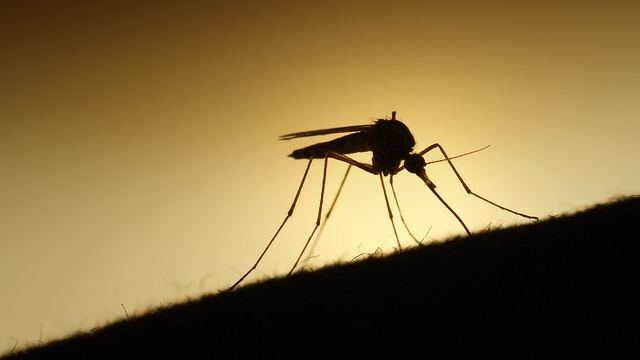
Pipeline project aims to improve reproducibility of scientific research
Science is currently facing a reproducibility crisis, where many “facts” established through experiment don’t hold up to repeated investigation.
As we discussed in a recent article, the field of psychology has been prominent in the reproducibility crisis, with a Reproducibility Initiative project successfully replicating only 40% of the 100 psychological experiments repeated in the project.
An article in The Atlantic describes a new initiative called The Pipeline Project, which aims to help address the crisis through the independent replication of research results before they are published in journals.
INSEAD researcher Eric Uhlmann, initiator of The Pipeline Project, has led by example by inviting 25 independent teams to repeat all of his group’s unpublished experiments before he submitted them to academic journals:
Six findings replicated according to all replication criteria, one finding replicated but with a significantly smaller effect size than the original, one finding replicated consistently in the original culture but not outside of it, and two findings failed to find support. In total, 40% of the original findings failed at least one major replication criterion.
Retraction Watch has interviewed Eric Uhlmann and also Martin Schweinsberg, who is first author of The Pipeline Project paper. The interview includes discussion of how the Pre-Publication Independent Replication (PPIR) approach can be implemented and incentivised.
Also published on Medium.






